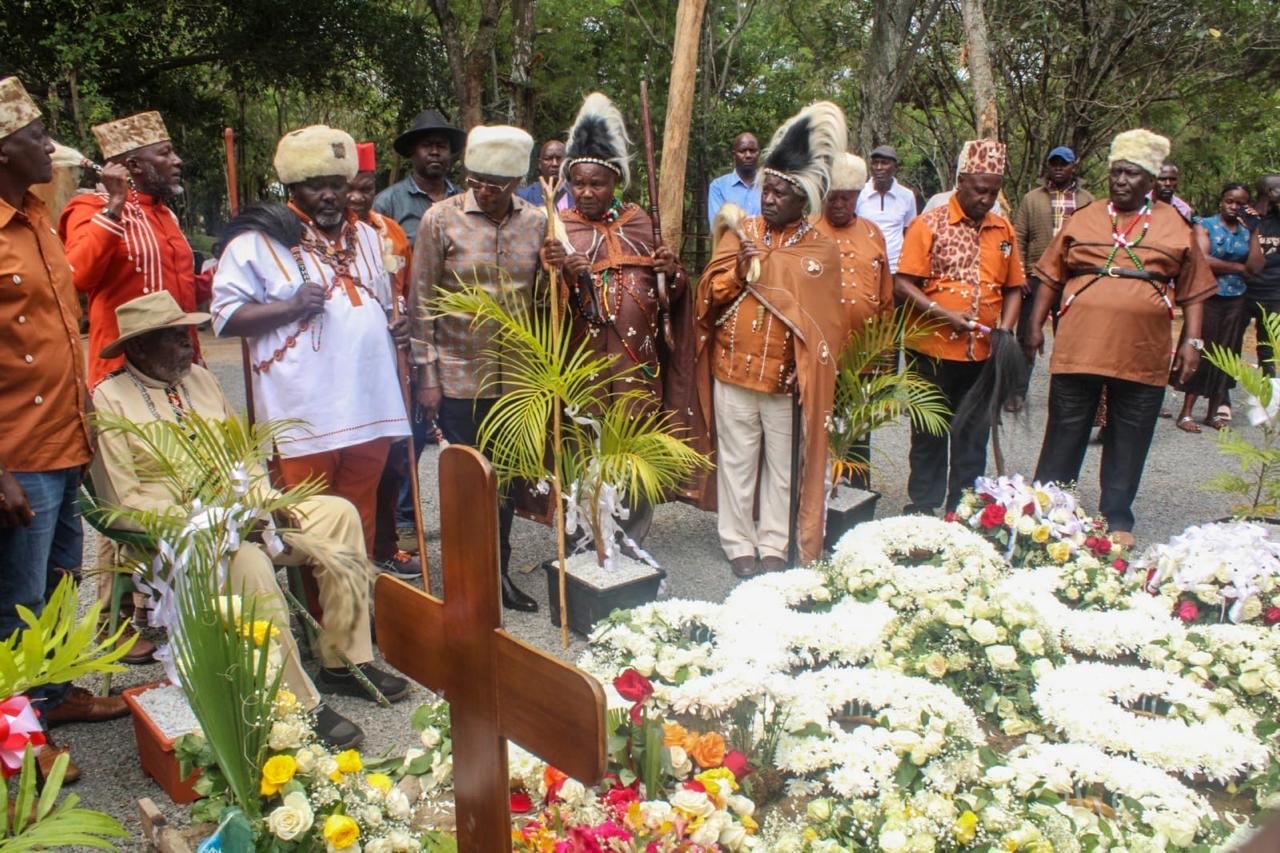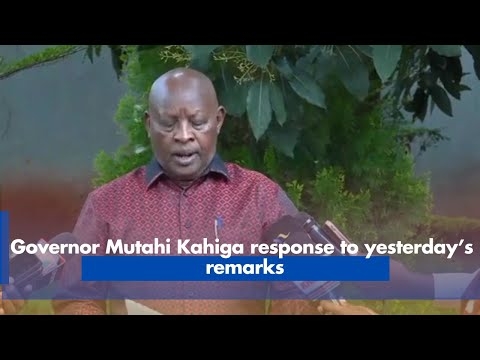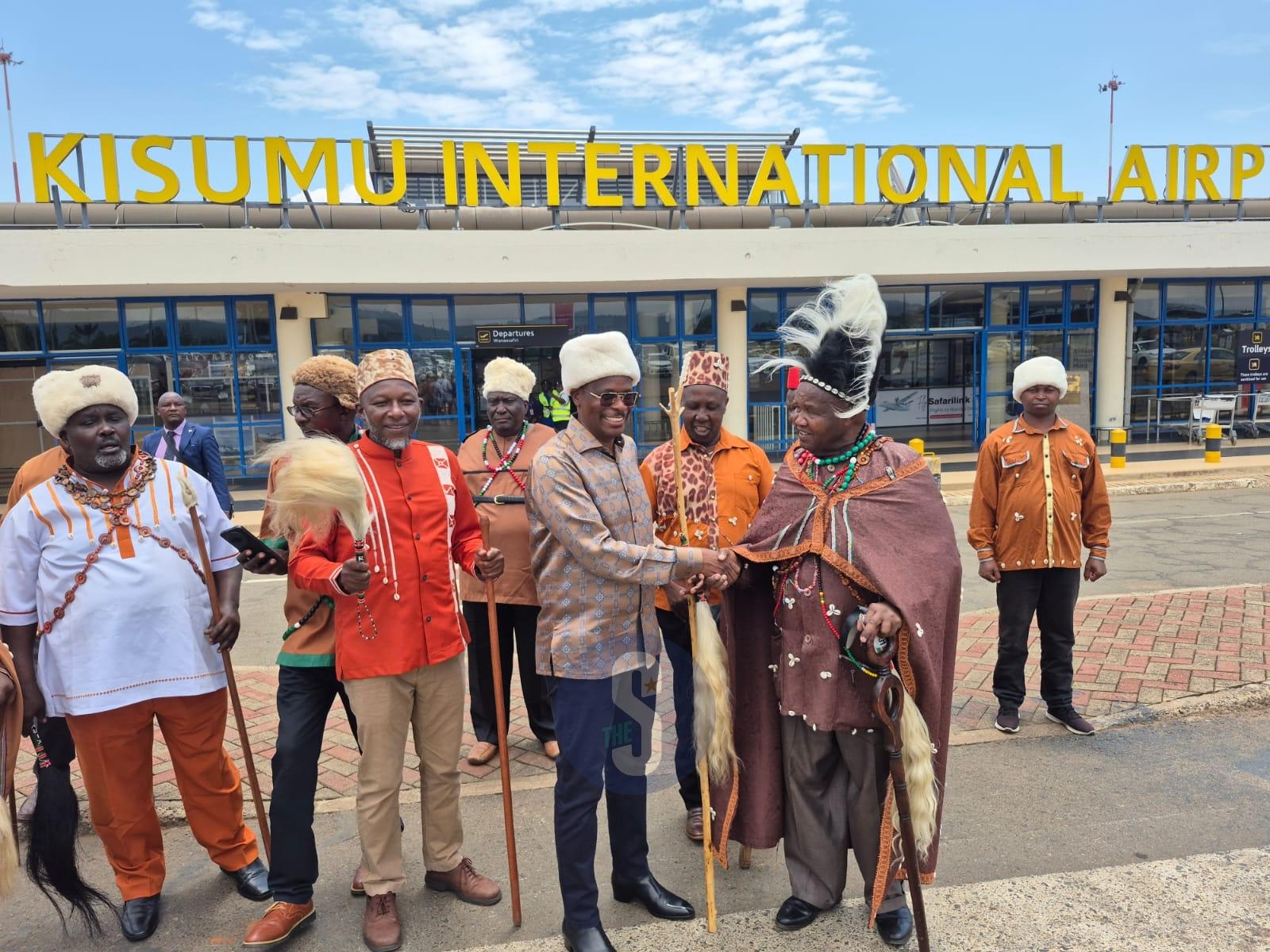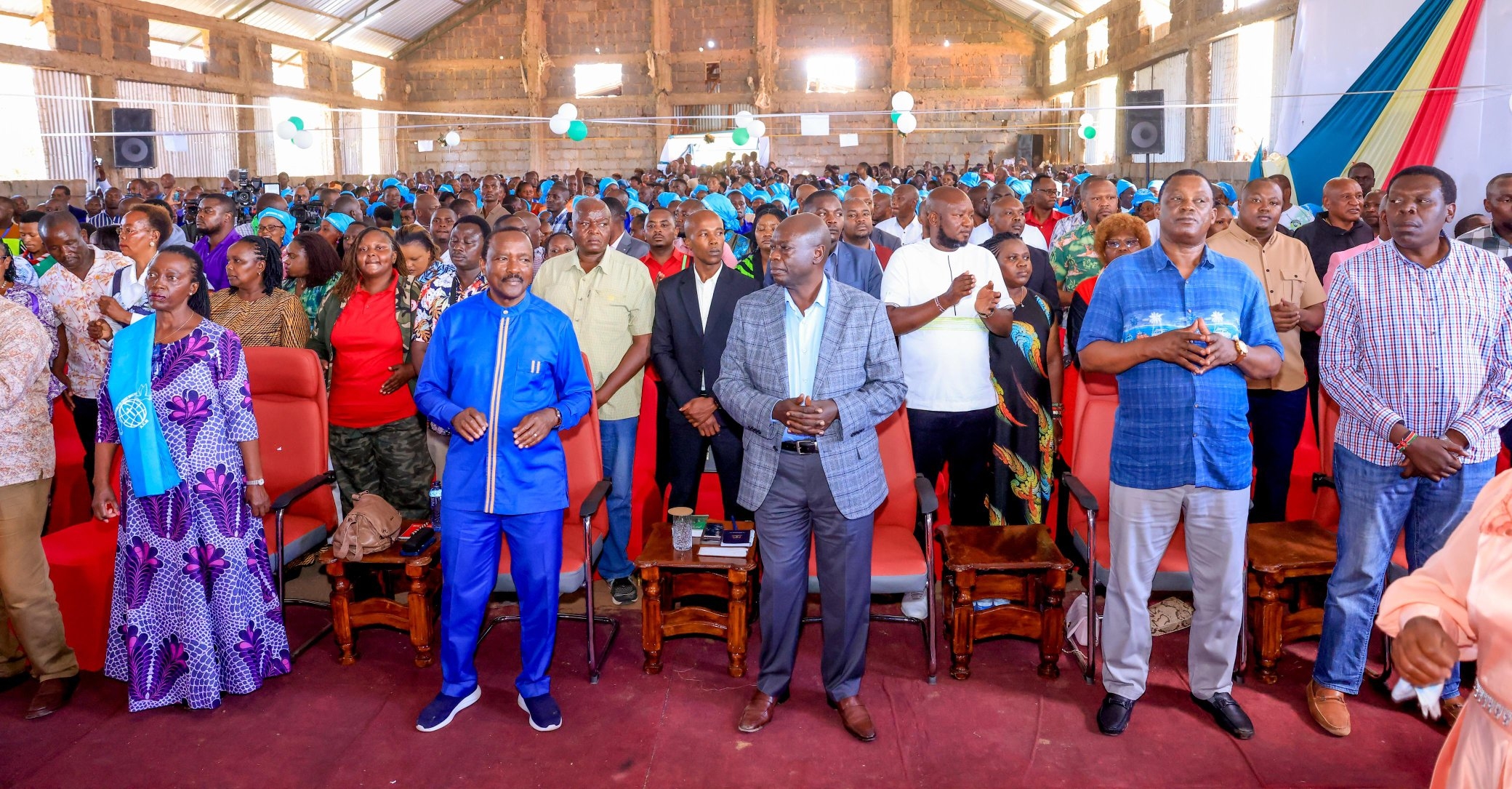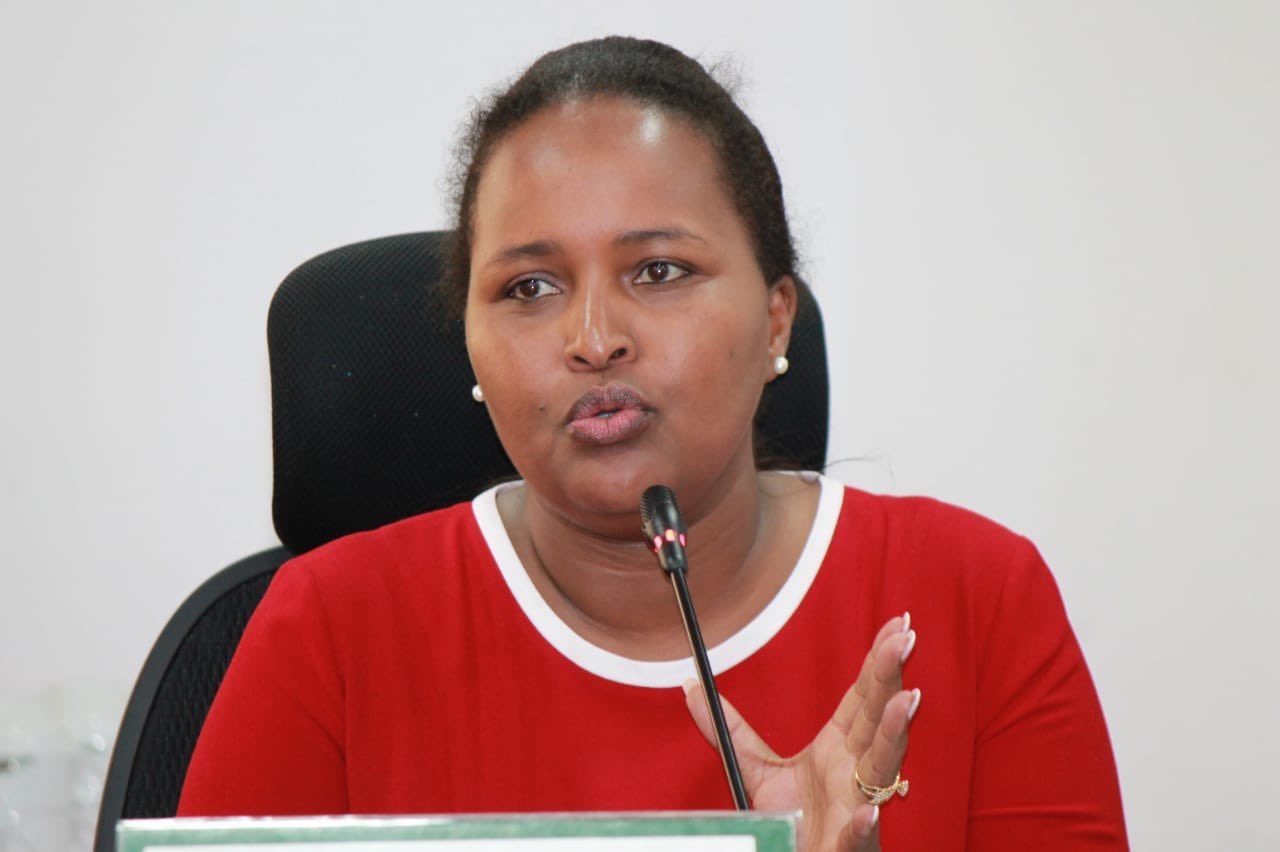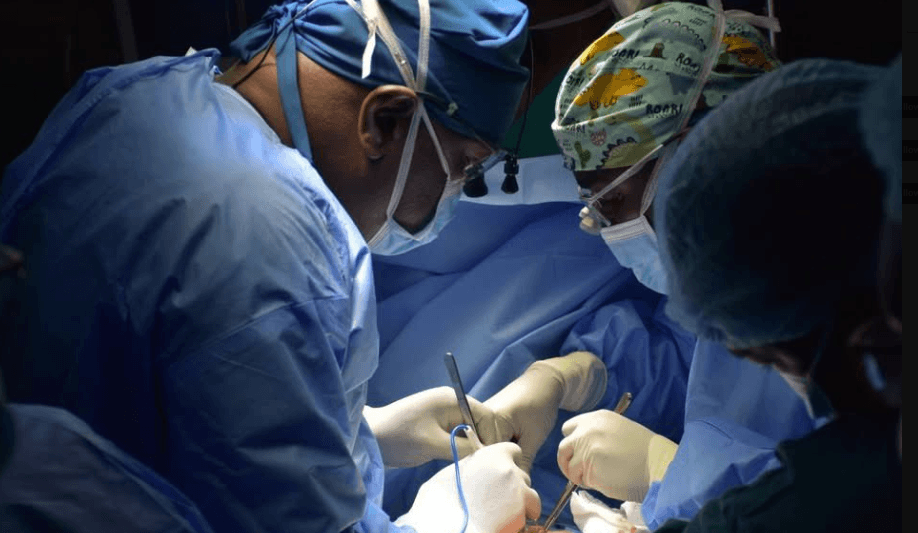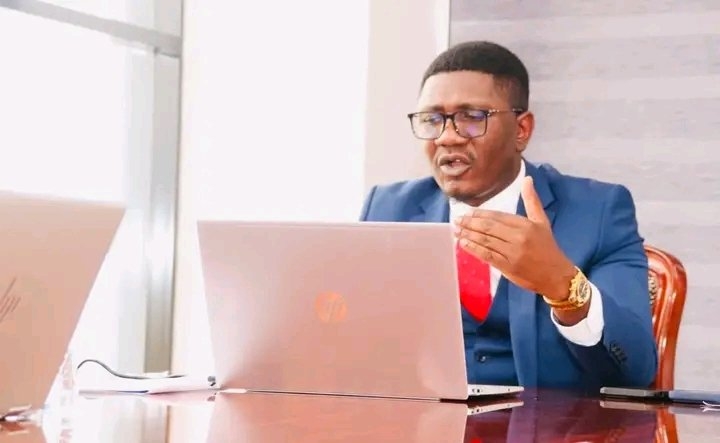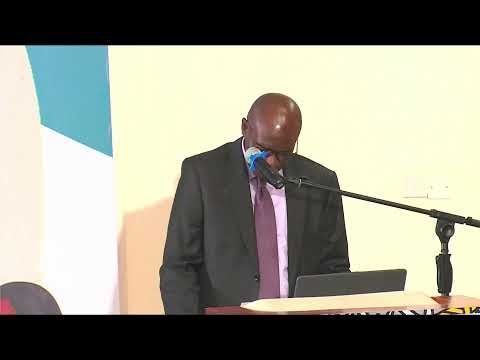On a sunny Wednesday morning, a group of about 30 fishermen is seated in a classroom at Munje Primary School in Kwale county.
They are keenly following the fishing education that is offered by fishing experts on the blackboard, which their sons and daughters learn from during school days.
The men, I later realised, are just a fraction that forms the representative body of some 200 people of Munje Beach Management Unit.
These men, so eager to learn and ask questions, are listening to professionals in fishing, management and the impacts of fishing on the environment.
They interrupt the educators once in a while to ensure they are getting everything right.
Today's education is part of the many series of learning events that have been happening since last year. The activities and education are carried out by the Coastal and Marine Resource Development (Comred), Coastal Oceans Research and Development - Indian Ocean (Cordio) and the Blue Ventures.
The three NGOs, led by Comred, are supporting the members of the Munje BMU to establish and run a Locally Managed Marine Area (LMMA), otherwise known as a fishing enclosure, to promote above-average entrepreneurial fishing for Kenya's South Coast community.
PAST FAILURES
These very people, about eight years ago, tried to establish an LMMA in their fishing ground, but it failed miserably, thanks to lack of technical support and proper management.
In September last year, Comred conducted a training programme for the fishers ahead of the establishment of an octopus enclosure in Munje, Kwale, to help fishers gain more than just the normal subsistence fishing.
Consequently, the organisation took a group of fishers from the BMU to a benchmarking programme in Pate Island, Lamu county, about 291km on the North Coast.
At Pate, locals established a square kilometre locally managed marine area in 2012. They set the area aside for carrying out octopus fishing.
The closures, which are closed out from the public and any other human activities, including fishing, are opened after every three or four months.
At this time, the fishers harvest fully grown octopuses, which they sell at an auction.
The group of fishermen came back fired up to do a similar project in Kwale to bolster their economic mainstay.
Hamisi Chimete, the chairperson of Munje BMU, is among the individuals who were taken to Pate for an exchange programme.
He has been the BMU's head for the past two decades, and he feels strongly that soon-to-established octopus enclosures will no doubt be a game-changer in fishing.
One thing that conspicuously stands out between their BMU and that of Pate, Chimete says, is that at Pate, women play a central role in fishing at the octopus enclosure, while at Munje, women don't go out at sea to fish.
They only fry and sell the catch that men come with from the sea.
PROJECT MISCONCEPTIONS
Chimete says out of the 200 fishermen at Munje BMU, only 50 have specialised in octopus fishing.
Amidst the interview, the chairperson narrates how the local fishermen and the community from which he comes have tried to derail the project, which he sees as "perfect" for all of them.
"This project has had its own share of challenges. We have had to deal with misunderstandings and misconceptions from our members, who thought that the government had come to seal off their fishing area for a marine park," he says.
To counter the misguided beliefs, the organisations supporting this programme have prepared a series of civic education fora.
Leaders like Chimete have had to go from house to house to win public trust for this project.
Chimete believes that the project, once established, will be a moneymaker for the fishermen and the community.
Besides fishing, the octopus enclosure will be used for marine tourism, where tourists will pay a minimum of Sh2,000 to see the protected fish.
The LMMA will also be used for snorkelling, an activity Chimete believes will bring more money to the community.
After three months, the enclosures will be open to fishing. On the day of opening the enclosure, which is equal to harvesting, the main octopus fishers will go in and catch fish. Other fishermen will also be allowed to catch the other fish.
The octopus will be auctioned to the highest bidders, and the money generated will be shared among the octopus fishers, other members of the BMU and the community, according to the yet-to-be agreed percentages.
Some portion of the community funds will be used to buy scholastic materials for the schools in Munje.
Dr Emmanuel Mburu, a senior research scientist at Kenya Marine and Fisheries Research Institute (KMFRI), says octopus closures can have positive impacts on fishery catches and village fishery income, such that economic benefits from increased landings outweigh the costs of foregone catch.
"Closures can help communities better manage their resources over the long term," he says.
"They help them break from the tragedy of the commons, where open access leads to overexploitation, and from resource-dependent poverty traps, where natural resource depletion and dependence reinforce each other."
To ensure nobody interferes with the project, Comred has started training security teams from the community. These people will be tasked with providing surveillance to the enclosed areas, day and night, to keep illegal fishers at bay.
EFFECTS OF DROUGHT
Chimete says the long dry spell the Coast region has experienced since last year has dealt them a fatal blow.
The number of their catch at sea has reduced significantly because there has not been enough food for the fish. Mangroves, where fish breed, also stopped growing.
"River Rukungu dried up. Bronze fishes, which abound at the mouth of the river at the sea, are no longer there. We don't have bronze here. I am a main supplier of bronze, but now I have to go to look for them from as far as 5km away," Chimete says.
Comred co-director Nyaga Kanyange says the octopus project is meant to boost the community's fishing income, even though it's not enough to transform the activity to be fully commercial.
"The entire Coast region is generally practising subsistence fishing because it's expensive to get commercial fishing gear," he says.
A commercial fishing boat costs an average of Sh15 million. All the members of Munje BMU use canoes and other traditional fishing gear because they can't afford a fishing boat with an engine.
Kanyange calls upon the government to build more necessary fishing infrastructure at the coastline because the current ones are not enough, particularly the landing sites.
Shufaa Iddi, a Kwale county government official in charge of fishing in Ramisi ward, says they support fishers by giving them the basic fishing gear every year.
"We encourage the fishers to cooperate and not be resistant to such initiatives,” she said.
“Most people here rely on fishing to meet their needs and even educate their children, and we want to see them reap maximum benefits."
The octopus enclosures were mapped out in the last week of April. They were to be sealed off by water beacons in early May.
Dr James Mwaluma, the Director of Oceans and Coastal Systems at KMFRI, says the institute is playing a central role in promoting fishing closures at the Coast.
This is done through partnerships with local and international NGOs and local communities.
The monitoring programmes, Dr Mwaluma says, will generate scientific data that will be analysed and presented to other communities that practise octopus fishing.
Octopus fishery is also one of the six priority fisheries under the ongoing Kenya Marine Fisheries Socioeconomic Development (Kemfsed).
The project is funded by the World Bank.


